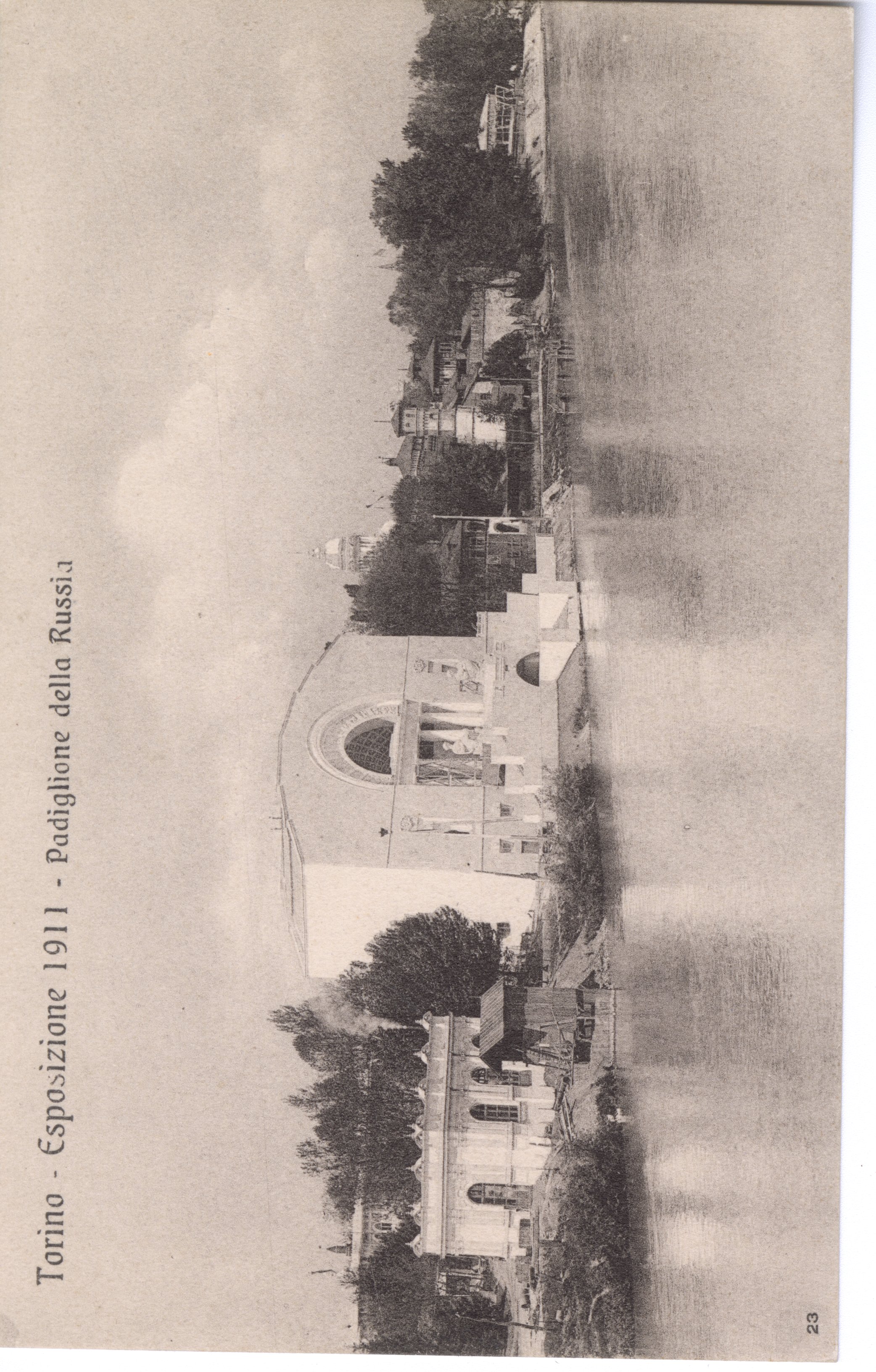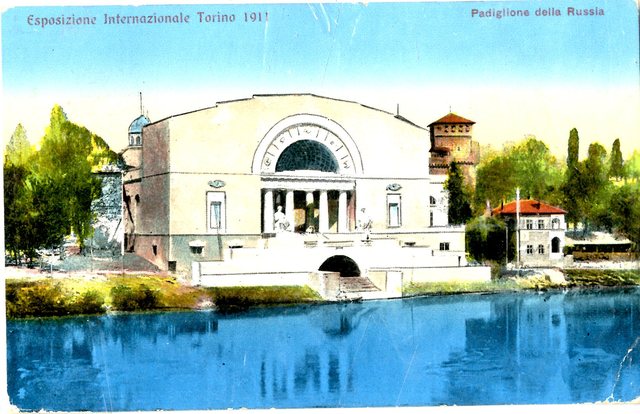Search
DONATE
Protagonists
Main Themes
Location
Financial/Statistical Data
Featured Works
Key Events
The Russian Empire
It was the second time that the nation of Russia participated in a World's Fair (the first time was in 1900, in Paris). Russia wanted to show the Western world its own greatness, solidity, and influence in both commercial and political terms. This was a crucial period for the Empire, which had endured the bourgeois–liberal revolution in 1905, protracted peasant revolts, and instability within the imperial family. By 1911, the Great Russian Empire was approaching its end after centuries of tzarist rule. Thus, Turin 1911 presented a great opportunity for the Empire to both display its unity and confirm its role among the European nations.
Turin 1911 also provided the opportunity to emphasize Russia's friendship with the Italian kingdom. According to the historian Piero Cazzola, at the beginning of the Twentieth Century, Italy expressed the willingness to reinforce its economical and commercial relationship with the Russian Empire, in order to increase the export of national products (such as vegetables and olive oil) and facilitate the import of other goods (such as wood, fossil carbon, minerals and alcohol).
Il Padiglione Russo sarà distrutto insieme con gli altri palazzi della bianca Città Valentina, il bel parco riprenderà il suo aspetto di prima, ma nel suolo della riva sinistra del sempre storico fiume rimarranno le pietre della costruzione russa, pietre fondamentarie della fratellanza russo-italiana nel più nobile campo, quello del lavoro. In questa speranza, è anche la consolazione per il riconoscente Commissariato russo, che non dimenticherà mai l'ospitalità e la bontà della bella città di Torino. (Vladimir Felkner, Conference held at the Camera di Commercio of Turin, December 7, 1911)
Resources



